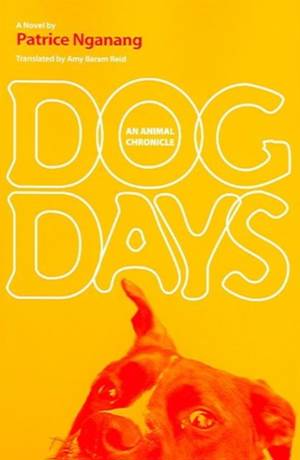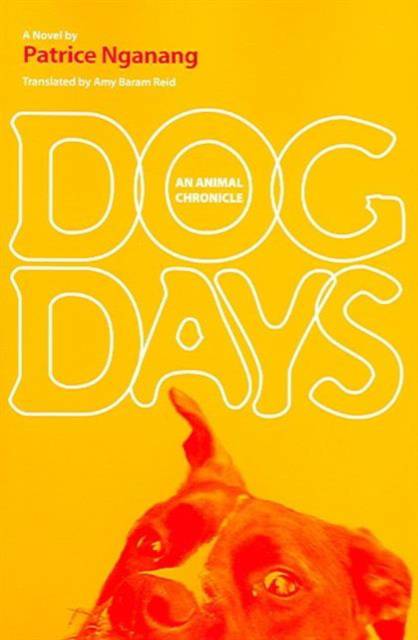
- Afhalen na 1 uur in een winkel met voorraad
- Gratis thuislevering in België vanaf € 30
- Ruim aanbod met 7 miljoen producten
- Afhalen na 1 uur in een winkel met voorraad
- Gratis thuislevering in België vanaf € 30
- Ruim aanbod met 7 miljoen producten
Omschrijving
"I am a dog," the narrator of Patrice Nganang's novel plainly informs us. As such, he has learned not to expect too much from life. He can, however, observe the life around him--in his case the impoverished but dynamic Cameroon of the early 1990s, a time known as les années de braise (the smoldering years). When he isn't limited by the length of his master's leash, the perceptive, even ironic, Mboudjak wanders the streets of Yaounde, a capital city caught in the throes of social and political change. Only partly understanding the words spoken around him (the other dogs are as unreliable as the humans), Mboudjak relates an experience that not only evokes the wildly diverse language of the streets--a heady brew of French, Pidgin English, the indigenous Medumba, and the urban slang Camfranglais--but also reflects the elusiveness of meaning in politically uncertain times. Mboudjak is not alone in his confusion or in his hardship. The blows he receives from humans and the mocking laughter of other dogs are indicative of a larger pattern of abuse that indicts the ruling regime.
Despite its unflinching depiction of a seething, turbulent society, Dog Days is not a somber story; it is propelled by the humor that is Mboudjak's greatest survival tool, and even by a certain optimism. In the vibrantly chaotic marketplaces, in the bustling energy of Massa Yo's bar, and in the escalating political demonstrations, a brighter future for Cameroon can be glimpsed. This story told by a canine everyman offers something for any reader interested in freedom withheld and the early stirrings that will someday win it back.
Specificaties
Betrokkenen
- Auteur(s):
- Uitgeverij:
Inhoud
- Aantal bladzijden:
- 224
- Taal:
- Engels
- Reeks:
Eigenschappen
- Productcode (EAN):
- 9780813925356
- Verschijningsdatum:
- 2/05/2006
- Uitvoering:
- Paperback
- Formaat:
- Trade paperback (VS)
- Afmetingen:
- 140 mm x 213 mm
- Gewicht:
- 340 g

Alleen bij Standaard Boekhandel
Beoordelingen
We publiceren alleen reviews die voldoen aan de voorwaarden voor reviews. Bekijk onze voorwaarden voor reviews.











